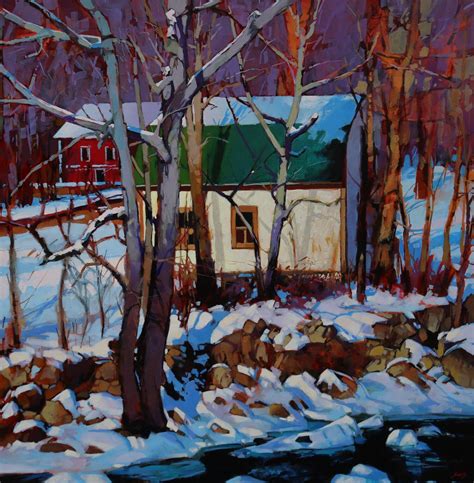A Quote by Walter J. Phillips
The artist reserves the right to remove a blot on the landscape, to change positions of things, to suit his composition, providing only that he does not transgress the laws of probability.
Related Quotes
Let us beware of saying there are laws in nature. There are only necessities: there is no one to command, no one to obey, no one to transgress. When you realize there are no goals or objectives, then you realize, too, that there is no chance: for only in a world of objectives does the word chance have any meaning.
It is only in his work that an artist can find reality and satisfaction, for the actual world is less intense than the world of his invention and consequently his life, without recourse to violent disorder, does not seem very substantial. The right condition for him is that in which his work in not only convenient but unavoidable.
Every artist knows that there is no such thing as "freedom" in art. The first thing an artist does when he begins a new work is to lay down the barriers and limitations; he decides upon a certain composition, a certain key, a certain relation of creatures or objects to each other. He is never free, and the more splendid his imagination, the more intense his feeling, the farther he goes from general truth and general emotion.
In some exquisite critical hints on "Eurythmy," Goethe remarks, "that the best composition in pictures is that which, observing the most delicate laws of harmony, so arranges the objects that they by their position tell their own story." And the rule thus applied to composition in painting applies no less to composition in literature.
Because he knows you have to laugh at the things that hurt you just to keep yourself in balance, just to keep the world from running you plumb crazy. He knows there's a painful side; he knows my thumb smarts and his girlfriend has a bruised breast and the doctor is losing his glasses, but he won't let the pain blot out the humor no more'n he'll let the humor blot out the pain.
































